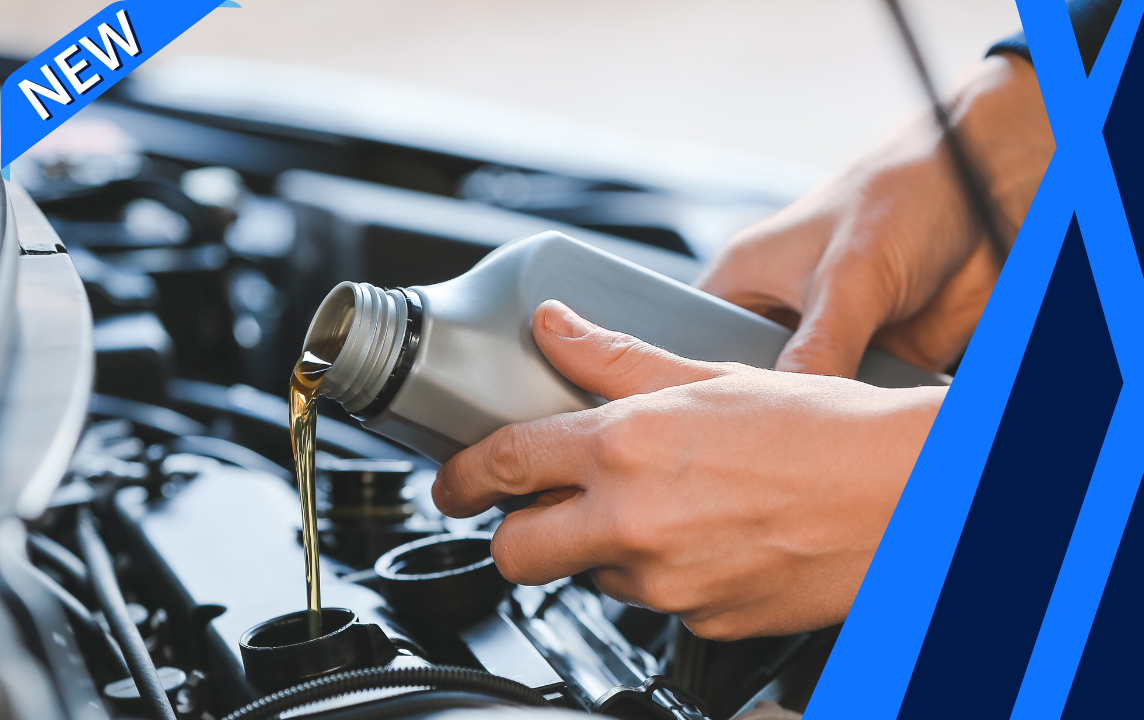Description
The car starts and then dies Inspection
How this system works:
The electrical system, composed of the battery and starter, turns the engine over to start a vehicle. Once running, the engine requires a constant flow of petrol and a good spark to keep that fuel igniting. If petrol is not readily available or there is not enough spark, the engine will quit. More modern vehicles with sophisticated computers may affect the way the car runs. These computers help the car run efficiently and shut a car down if the fuel/air mixture is not correct. While an older vehicle may be less sophisticated and easier to diagnose, the computers on modern vehicles can provide more specific information when connected to a code scanner/reader.
Common reasons for this to happen:
- Mass Airflow Sensor: The mass airflow sensor measures how much air is entering the engine and relays this information to the vehicle’s computer to deliver the right amount of fuel from the fuel injectors. When a sensor begins to fail, the vehicle’s computer may generate an error code to indicate that something has gone wrong. An issue with the mass airflow sensor may manifest when a car starts and then stalls soon after starting.
- Fuel Pump Relay: The fuel pump relay functions much like a fuse for an electric fuel pump. The fuel pump relay engages as the vehicle is started and starts the fuel pump. While the car is running, the fuel pump relay turns off, and the fuel pump is powered by the oil pressure sending unit. If the vehicle’s computer cannot keep the fuel pump relay running throughout the starting process, the car may start and quit immediately after starting.
- Ignition Coil: Your vehicle’s ignition coil takes the battery’s low voltage and provides the thousands of volts needed to create a spark in the spark plugs. When an ignition coil begins to fail, it may struggle to provide a consistent spark to the plugs, causing the engine to stall after starting.
What to expect:
A top-rated mobile mechanic will come to your home or office to determine why the vehicle starts and then dies. The mechanic will then provide a detailed inspection report outlining why the car quit and the cost of any repairs that need to be made.
How it’s done:
A mechanic will begin diagnosing your vehicle’s issue by plugging a code reader/scanner into the vehicle’s computer. The mechanic should get more information from your vehicle’s computer on what component has failed. Using this information, the mechanic can begin necessary repairs.
If your vehicle has a bad or failing mass airflow sensor, the mechanic will begin by finding the sensor in the engine bay and checking for any signs of failure. The mechanic should inspect the wire harness connected to the sensor to ensure that all wires are correctly connected. After removing the sensor, the mechanic should discover the nature of the failure and replace the sensor.
If the mechanic suspects an issue with the fuel pump relay, they should check the vehicle’s computer for a problem. If the vehicle’s computer is having difficulty providing consistent power to the fuel pump relay, the computer may need to be reprogrammed or replaced. If the vehicle’s computer is functioning normally, the mechanic may need to replace the fuel pump relay.
If the mechanic suspects that the ignition coil may be faulty, they should first disconnect the battery before beginning work. The mechanic should then begin the process of disconnecting wires from the ignition coil and removing it from the engine bay. The mechanic will then install the new ignition coil and ensure that it is connected properly. The mechanic should then reconnect the battery and test the new coil.
With all repairs, the mechanic will ensure the newly installed parts work properly. The mechanic can then turn off and warning lights that may have come on while the vehicle was not running properly.
How important is this service?
If your vehicle is starting but dying soon after starting, a mechanic should check out. Issues involving fuel management and electrical systems will become worse if not dealt with. Diligence and paying attention to warning lights may help prevent further damage to critical engine components and may save money in repairs. A vehicle that quits after starting can be inconvenient, and having a mobile mechanic inspect and repair your vehicle will ensure that you and your vehicle are back on the road soon.




